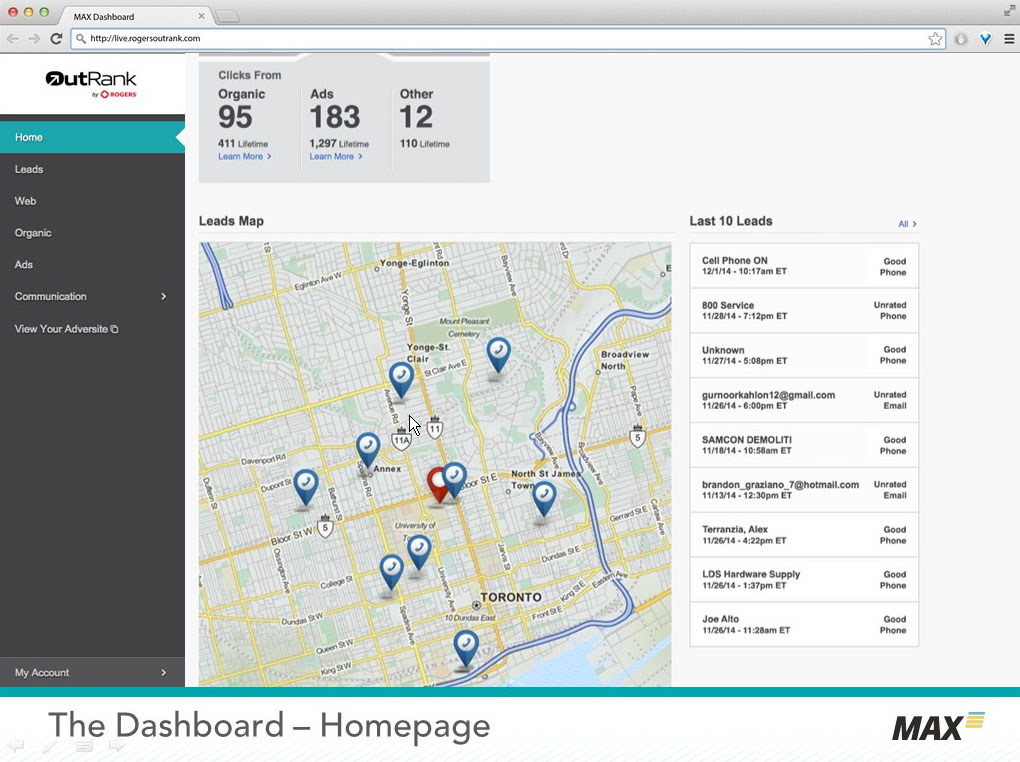The idea of “Clean Money” is an attractive one. We are intimately familiar with the harms that concentrated money can cause, whether it’s the corrosive effect of money on politics, the ability of large corporations to buy legal immunity by dragging out the legal process indefinitely, or the fact that the financial system is set up to benefit the 1% at the expense of the 99%. We are less familiar with the ways that concentrated money can be used in positive ways.
Joel Solomon’s The Clean Money Revolution provides passionate proof that money is a tool, and it’s the quality of the people using it that determines the quality of the effects it has. It’s at once a moral plea to those with money to recognize the power that money grants them and a memoir of Joel’s successes in living that morality by helping others put their money (and Joel’s) to good use.
It’s hopeful and inspiring in its attempt to envision a world where our financial and social systems evolve gracefully into a more sustainable, stable, just future rather than collapsing around our ears into chaos and anarchy. In a world where corporate money ensures that governments stay impotent against the various social and environmental crises that might cost those corporations their quarterly profits, the idea that Clean Money used well can be a force for positive change is a refreshing, if idealistic vision.
And, thanks to Joel’s intimate knowledge in the arcane arts of investing and business, it’s also a seductively convincing vision. Joel knows how money works. He knows how to use it wisely, and he’s also not afraid to point out how it can be (and is being) used badly. He’s candidly aware that the current level of socially aware investing is a drop in the bucket compared to the amount of capital that is pulling in the other direction. And yet, his book is the Clean Money Revolution, and he believes that the revolution has started. He believes that, at the very least, there is a path forward that will shift vast amounts of money from the old, profit-at-any-cost mentality to a new, more sustainable and socially responsible mindset. And he believes that this transition will be shepherded by the Millennials as they take over management of the funds from the Boomer generation. As a Millennial, I find that flattering.
Unfortunately, I also find it unrealistic. And, to be honest, on an intellectual level at least, I think so does Joel. He comments that if we use only our intellect, we have no reason to believe we will be able to avoid the social and environmental collapse that is the consequence of unsustainable use of resources and misuse of money. To be successful, his revolution requires spiritual fortitude and a deep sense of purpose, both on a personal level and in our culture. Wise words from a member of the hippy generation: Change comes from the heart, not from the head.
I have two major criticisms of his book, both of which are intellectual. Thus, I hope they will be useful for understanding the flaws in the book, but not fatal to the intent of it.
The first major criticism is that it relies on those who have wealth to develop the spiritual conscience necessary to invest their wealth responsibly. And it’s not just some of the wealthy. It must be all of them, or at least a large majority. There must be a cultural shift among the very wealthy that pushes them in the direction of “Clean Money”. He believes this will happen when control of the wealth shifts to Millennials. In other words, it will happen through inheritance.
Unfortunately, a key part of Joel’s own relationship to money is defined by the fact that he inherited his wealth young, while he was still in his idealistic 20’s, and before he had been fully groomed as an heir to his family’s fortune. And, most of the other Clean Money investors whose stories he tells share similar backgrounds. There is no reason to expect that most of the Millennial heirs to the $100 trillion that will change generational hands will inherit young. There’s much reason to think that, in addition to inheriting wealth, the rarefied group of multi-million dollar heirs will also inherit their parents’ strongly profit-driven values. Sadly, a plan that counts on the majority of those in power to naturally use that power for good is not a very good plan.
The second criticism is perhaps the more serious one. Joel correctly identifies wealth inequality as one of the most serious issues that must be solved. It’s an issue that directly relates to money. Yet, the book advocates that wealthy investors can have it all: They can invest Clean Money and still profit at the end of it. Perhaps they do not take as much profit, but the model is still a capitalistic one in which investments are ultimately expected to pay off monetarily. Such an approach cannot solve the issue of inequality — not alone at any rate.
The reason is structural. It’s a fundamental law of money that wealth generates money. This is the way that the wealthy have lived for generations, and it’s the reason why the wealthy stay wealthy. Once you have a pile of wealth, you hire a money manager to invest the wealth and you live off the profits of the investments. The bigger the pile of wealth, the bigger the profits you have to live on. This is the principle that endowments, hedge funds and foundations operate on: The principal is invested, and only the profits are spent, thus ensuring the perpetual financial security of the person or organization that owns the wealth. It’s a sound financial strategy. Unfortunately, it’s also the fundamental cause of wealth inequality: The more quickly wealth gets accumulated, the less that wealth is available for everyone else.
Joel has lots to say about this. He writes extensively about spending down the principal, about ensuring that foundations invest their principal as Clean Money, and about divesting money that is supporting harmful organizations. Unfortunately, as important as all those things are, they are still all in service of profit: Endowments are still intended to preserve wealth, and even the strategies for spending down principal involve making investments that are ultimately intended to recoup with a profit. No matter how well the money is invested, it’s still expected to accumulate over time.
Such an approach is impossible. Inequality builds up pressure, and historically the only ways that pressure is released is through appropriation (as in the French Revolution), warfare (as in WWII), or inflation. Of these, inflation is the safest — though still tumultuous — option. Only when the rate of inflation rises above the rate of return that endowments generate — only then does the distribution of wealth become more equal: The inflation in everyone else’s wealth out-paces the natural tendency of wealth to grow. In such a situation, the return on investment is no longer “profitable”, because the real value of the wealth at the end of the investment is less than the value that that wealth would have had if it has just been left on its own. The Clean Money Revolution does not solve this problem — wealth inequality is inevitable as long as our central banks maintain policies that are designed to minimize or prevent inflation.
Thus, the Clean Money Revolution is not the panacea that Joel hopes it is. It’s not enough of a revolution. We cannot escape the financial, environmental, and social crises that face us solely through enlightened investment. There is more to the story (there always is). But … intellectual flaws aside, there is still much value in stories of hope and inspiration that Joel writes about. Just because Clean Money is not the solution does not mean it cannot be part of a solution. Investing generously and selflessly is certainly better than investing blindly and selfishly. Even if we must shrink our collective wealth for the sake of surviving sustainably, the organizations and institutions that help us live sustainably must still be grown — and will inevitably produce financial profits while they grow. Clean Money must be part of that growth.
On a more personal level, the book is not just inspiring in general; it inspired me to seek out the environment in which Joel nurtured his skills with Clean Money: Hollyhock. As a documentary filmmaker, I’m driven by the desire to create social change. And I’m also painfully aware of how difficult it is to find money to support that social change. And, once I’ve created a documentary, I’m aware that it needs to be seen by the people with the power to help create social change: People with money and big ideas. If nothing else, Joel’s book has convinced me that I can find all of those things at Hollyhock. I’ve signed up for a workshop at Hollyhock called Story, Money, Impact. Here’s hoping that my journey there helps me find people who believe in Joel’s vision: The vision of Clean Money.





